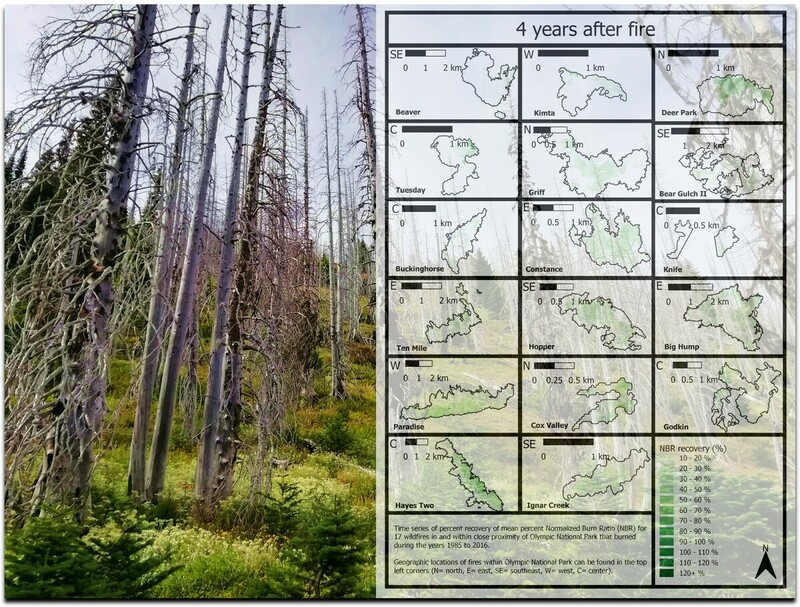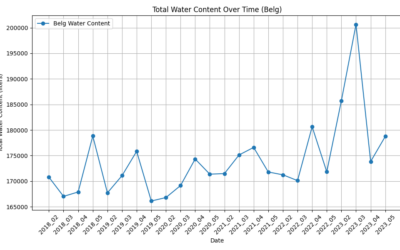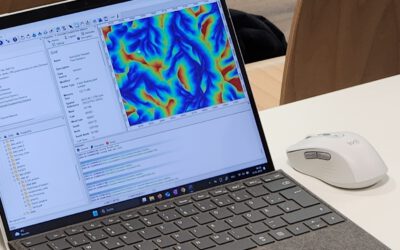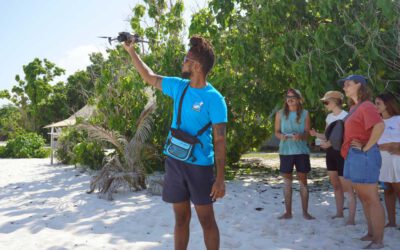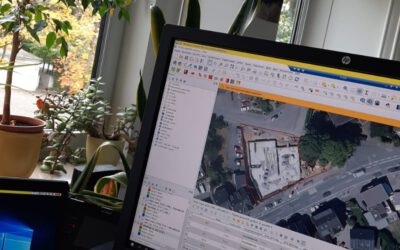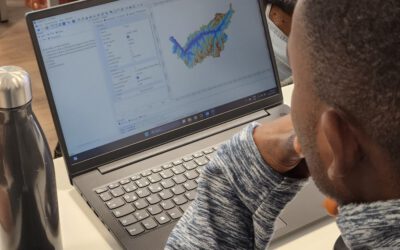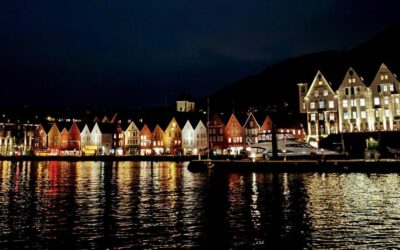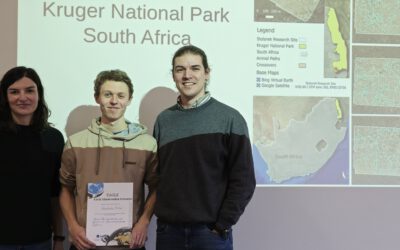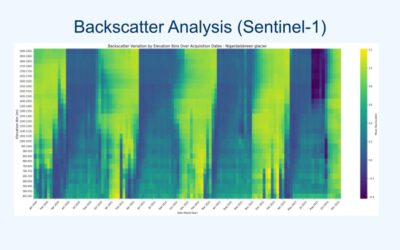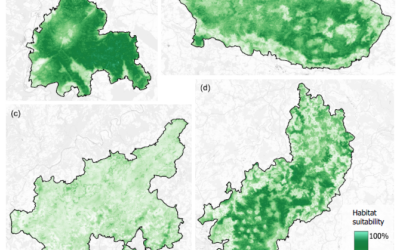Martin König handed in his thesis with the title “Examining post-fire vegetation recovery with Landsat time series analysis in Olympic National Park (USA)”. Martin used remote sensing and ground collected data to make sense of vegetation recovery patterns for larger fires since 1985 on the Olympic Peninsula. Understanding post-fire vegetation recovery is key to monitor forest health in the context of climatic change. A main objective of this work was to obtain a deeper understanding of the spatial characteristics of fires in these unique ecosystems such as the coastal temperate rainforest found on the Olympic Peninsula. To achieve this, fires were analyzed in terms of spatial extent, burn severity, terrain- and climatic-conditions, as well as insect driven disturbances at the burn sites. A similar methodology as presented by Bright et al. 2019 in “Examining post-fire vegetation recovery with Landsat time series analysis in three western North American forest types” was used to quantify post-fire vegetation recovery. It was found that the annual burned area included in this study for the period 1978 to today has increased significantly in recent years. Decreased fuel moisture during the fire season on account of generally warmer temperatures may explain the increase in burned area on the Olympic Peninsula to an extent, but it is difficult to pinpoint this trend because of changes in fire management with stronger fire suppression in the past. Post-fire vegetation recovery for the larger Olympic Peninsula fires since 1985 showed a positive linear recovery trajectory. It was found that burned areas recovered on average between 33- and 34-years post-fire in terms of pre-fire NBR. This is much slower than recovery rates described in other works [Bright et al. 2019, Pickell et al. 2016, Hislop et al. 2018] and most likely attributed to the vigorous old growth forests and shorter growing seasons found in the Olympic Mountains. It is important to note that this is solely recovery to pre-fire state in terms of greenness, recovery in terms of vegetation structure will take decades as was confirmed by field collected data. This study has also found that the higher the burn severity, the faster the observed recovery is continuously throughout the timeline in more heavily vegetated areas. This is in line with other studies [Bright et al. 2019, White et al 1996] and leads to the conclusion that canopy openness is a driving component in recovery. In conclusion, burn severity, and pre-fire NBR had a strong influence on the recovery trajectories in the Olympic National Park fires.
Supervisors: Dr. habil. Tobias Ullmann (University of Wuerzburg) and Catharine Copass, PhD (National Park Service), Mentor: Benjamin C. Bright (U.S. Forest Service)

